How Tel Aviv's tech hub brings Facebook to emerging markets
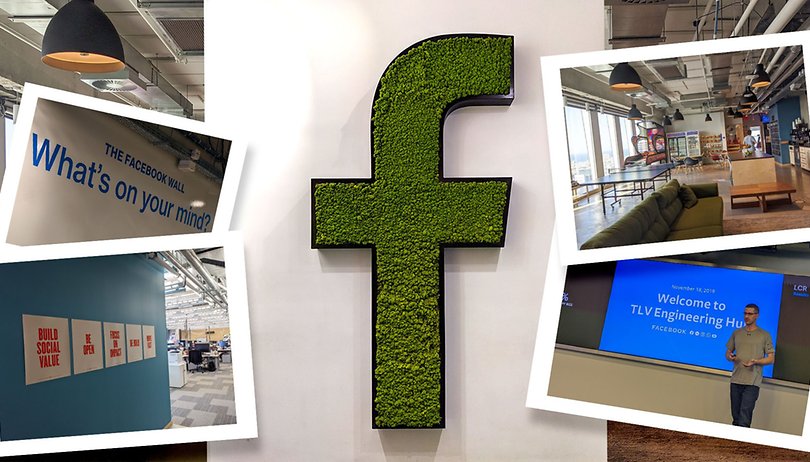

Read in other languages:
Launched in 2015, Facebook Lite is an app that has been designed to use less data and work well across all networks, even weak ones. The technology that makes this possible originates from Facebook’s second Israeli acquisition, Snaptu. We went to Tel Aviv is to find out how they did it.
You can find more videos on current tech topics on our video page.
Facebook Lite has developed and improved in the past three years and today enables hundreds of millions of people to have access to Facebook. More than two billion people around the world access Facebook from a range of mobile devices on varying networks. In many areas, networks can be slow and not able to support all the functionality of Zuckerberg’s colossal social network, hence why Facebook Lite was born.
But why bother? Facebook Lite was built for emerging markets. The idea is that not everyone owns a high-end device, and stable high-speed internet access is not a given in large parts of the world. The idea was to give people a reliable Facebook experience when bandwidth is at a minimum.
What exactly do we mean by emerging markets in tech?
Emerging markets is typically used to describe regions of the world where new growth is possible. In the US or the UK, the mobile market is saturated: virtually everyone owns a smartphone and has access to good mobile internet. In places like India, The Philippines, South America and Africa, big tech companies see the potential for reaching more users. In 2020, 90 percent of new mobile subscriptions will come from these emerging markets, and more than 50 percent of people worldwide currently use a device that would be considered high-end in 2012. So how do you build a Facebook app for these people?
It’s worth mentioning at this stage that the rise of Lite apps, which can run on operating systems as far back as Gingerbread and even on 2G networks, is not exactly a humanitarian effort. Big tech sees this as growth potential, but that doesn’t mean that consumers in emerging markets aren't happy to get a better Facebook experience on a more limited data budget and weaker hardware. Facebook Lite now includes Facebook’s core experiences like News Feed, status updates, photos, notifications and more.
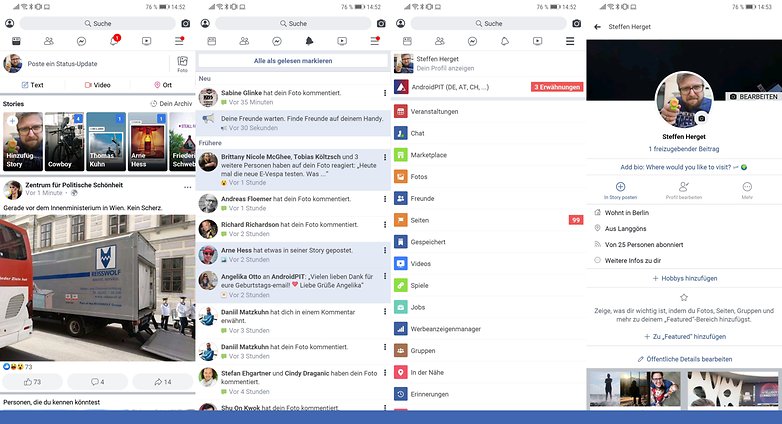
How did they put Facebook on a diet?
In emerging markets, 70 percent of users consider app size before downloading it. This is not something we typically have to consider in Western Europe or the United States. You see an app on the Google Play Store, you might check reviews and features, but how many of you factor in file size? I didn’t think so. For some, downloading a new app may mean deleting a couple of images or a video file. Storage is scarce. A lot of users in these markets don’t download apps at all, they share them peer-to-peer. Data is expensive, and manually copying apps doesn’t use any.
Some of the numbers behind this are quite striking. Google says that for every 6MB you reduce your app size by, you can expect a one percent increase in install rate. Staying under Google’s magic 100MB limit for downloading over a mobile network rather than requiring a Wi-Fi connection is also a must for Facebook Lite.
Developing a Lite app doesn’t just mean making the apk file smaller, so much more goes into it than that. The entire infrastructure of the app is different. The basic premise is that Lite is essentially a very thin client and all of the rest is moved to Facebook’s servers. Every time you load up Facebook Lite you start a session on the server. The information, images, and posts you then scroll through can be beamed to your device in smaller chunks.
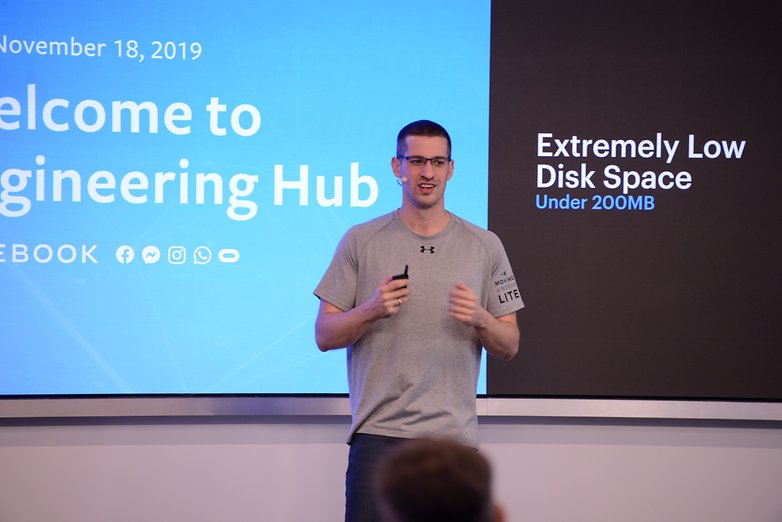
Of course, not every Facebook feature makes it onto the Lite app. Developers are given very strick file limits. They might be told, “you’ve got 200KB of code to bring Facebook Live to lite”, and they just have to figure it out. It’s an endless process of optimization and making return on investment decisions. Adding the Reactions animations might cost you X KB, but what is it worth to the user? These are the things the guy and girls in Tel Aviv are working out every single day.
Dekel Naar, Principle Engineer for Facebook Lite, explained how he and his team use bots to make calculations - he actually estimates 50 percent of the conversations he has at work are with bots - about how much adding new code is going to cost him. Two versions of the app can be built automatically and compared to evaluate the impact of the changes.
It’s this constant micro-managing of every single byte of code used that makes Facebook Lite possible.
Why Tel Aviv and why is Israel a tech hub?
Mobile applications have become one the main areas of activity in the Israeli startup scene. Over the past few years, acquisitions of Israeli mobile app companies have totaled more than $2.6 billion. The list of acquirers in these deals includes global names such as Google, Intel, and Facebook. Headlines were made when Google paid $966 million for Waze in June 2013. The deal was one of the largest acquisitions ever of a mobile app company (before the WhatsApp acquisition) and is still Google’s third-largest digital media acquisition to date.
Facebook executed its third acquisition in Israel in October 2013 when it acquired mobile data analytics and optimization startup Onavo, founded by Guy Rosen and Roi Tiger. Following the acquisition of Onavo, Facebook launched its Israeli engineering center in the same month. This engineering center is one of only two of its kind outside of the United States, the other being in London. Prior to this, Facebook had acquired the two other Israeli companies, Face.com and Snaptu. Today there have been a total of five Israeli acquisitions.
Today, Facebook teams in Israel mainly focus on connectivity and lite interfaces, including Facebook Lite and Express Wi-Fi. Approximately 200 employees work out of a new office that opened in September 2018 in the Azrieli Sarona tower. Other tenants include Amazon and Paypal. It’s essentially a big tech tower, and the hottest developers in the region all work in there.
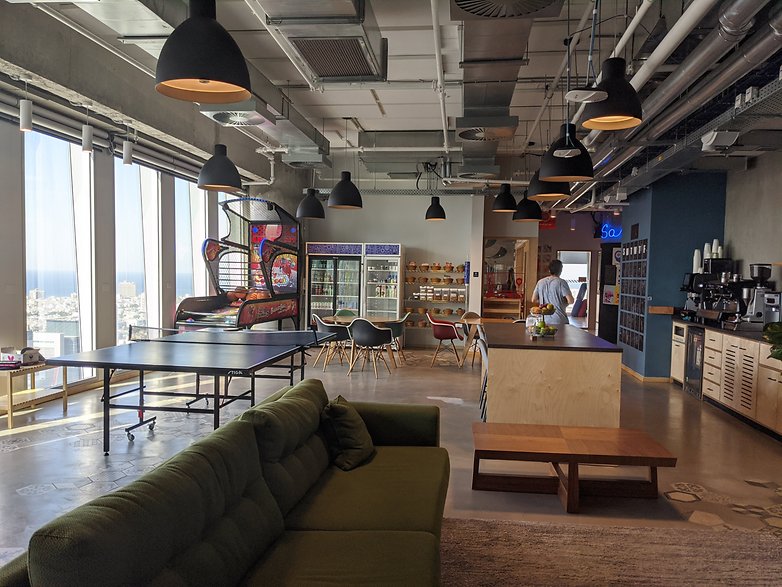
Israel has truly become a startup nation. There are 6,000 startups working here today. Every year 1,500 new ones are born, and around the same number die. Today, there’s a startup for every 1,400 people in Israel and 135 engineers for every 1,000 people. But why is there so much tech talent in this relatively small country? Maayan Sarig, Head of comms for Facebook in Israel, explained that it starts in the army, of all places. Whilst you may spend your time doing physical training and handling firearms if you sign up for the military in many places, those undertaking mandatory military service in Israel are often sat at computers, learning to code and studying computer science. “The Israeli army is full of nerds,” Sarig says.
Warren Buffet once said that if you are looking for technical innovation in the middle east, Israel is the only place you need to visit. It’s hard to argue with that statement when you look at the setup today. Software engineers are the real rock stars of Tel Aviv, and the big tech companies are all fighting over the best talent.
For a country with no natural resources and no oil to sell, Israelis have had to embody the mantra that necessity is the mother of all innovation. If you need anything here, you make it.
I’m excited to learn more about tech in Tel Aviv, so I’m off to sit down with Yuval Kesten, Director of Engineering for Facebook Lite, to talk about what the future of app development looks like. Will 5G increase the gap between the established and emerging markets? Are progressive web apps the future? And will we soon be using personalized apps that have to be tailored to our own needs and usage? You can read all about that conversation right here very soon.

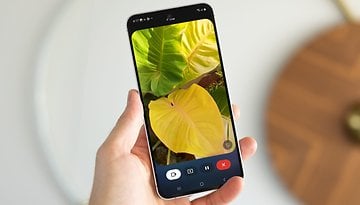
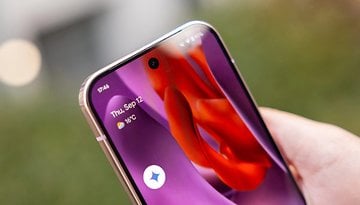
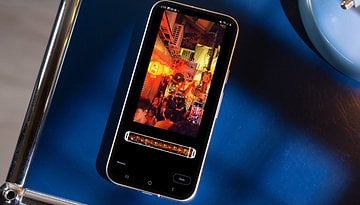









interesting
New updates of facebook are engaging users to spend more time on facebook like option of videos from the group attracts and engage users to watch videos one after one.
I did switch from regular FB to lite... no difference whatsoever in usage but more memory space available on my phone and less battery consumption
try to use regular version of facebook, it has many new features that you are missing on fb lite
-
Admin
Nov 19, 2019 Link to commentI use Friendly for Facebook and am very happy with it